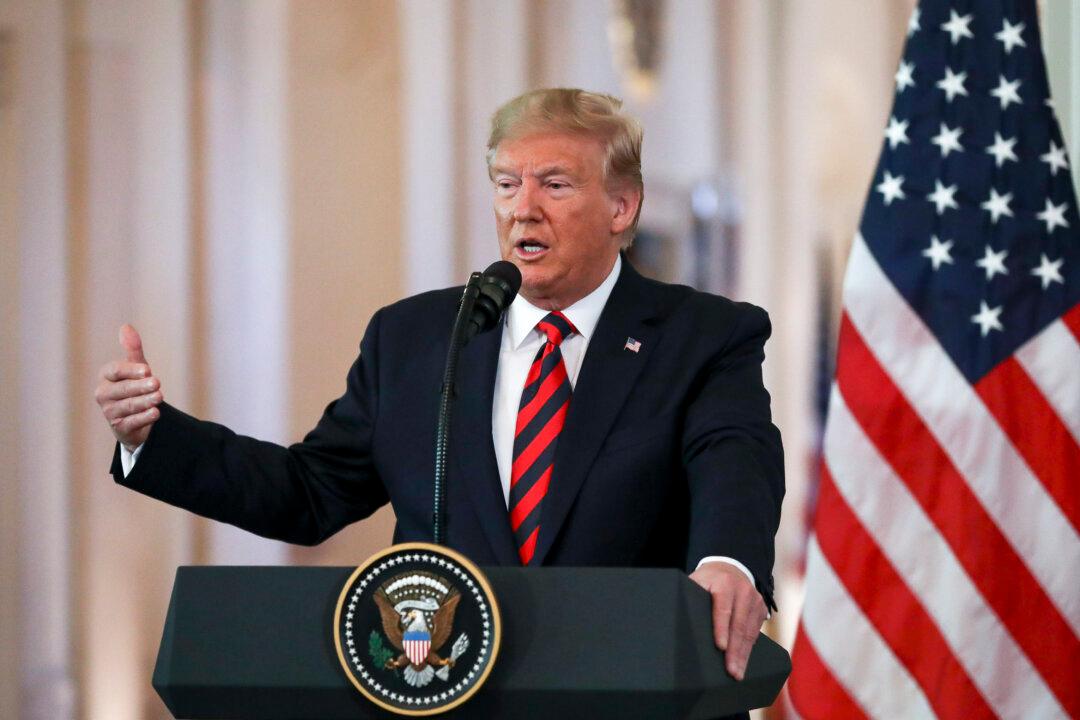President Donald Trump issued a proclamation on Oct. 4 to deny visas to immigrants who will not have health insurance, in an effort to protect healthcare benefits for American citizens.
The rule, effective Nov. 3, means that foreign nationals will have to show that “they will be covered by health insurance within 30 days of entering the country or have the financial resources to pay for medical costs,” before they qualify for an immigrant visa. This could include proof that they will be covered under a family or employment-based healthcare plan.




